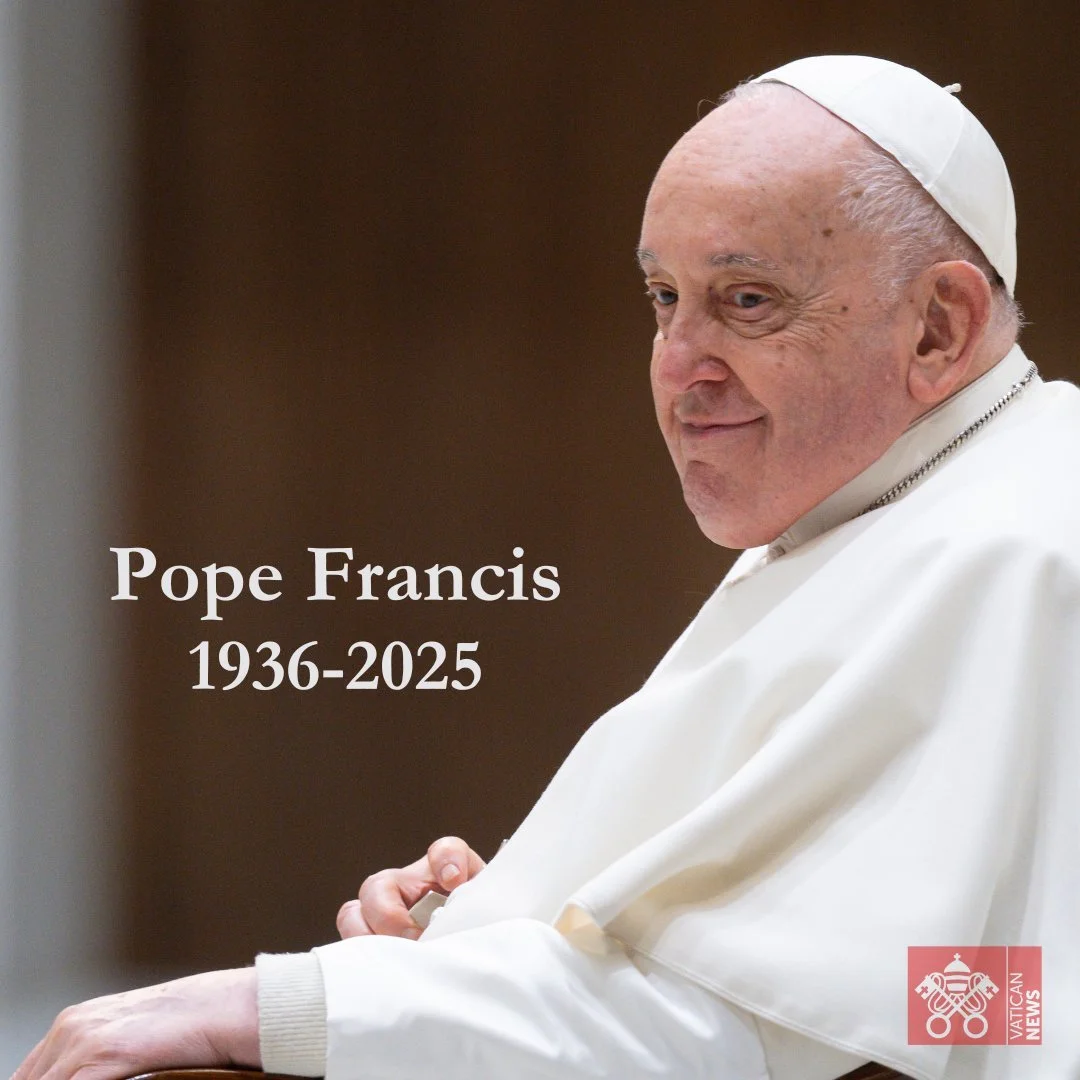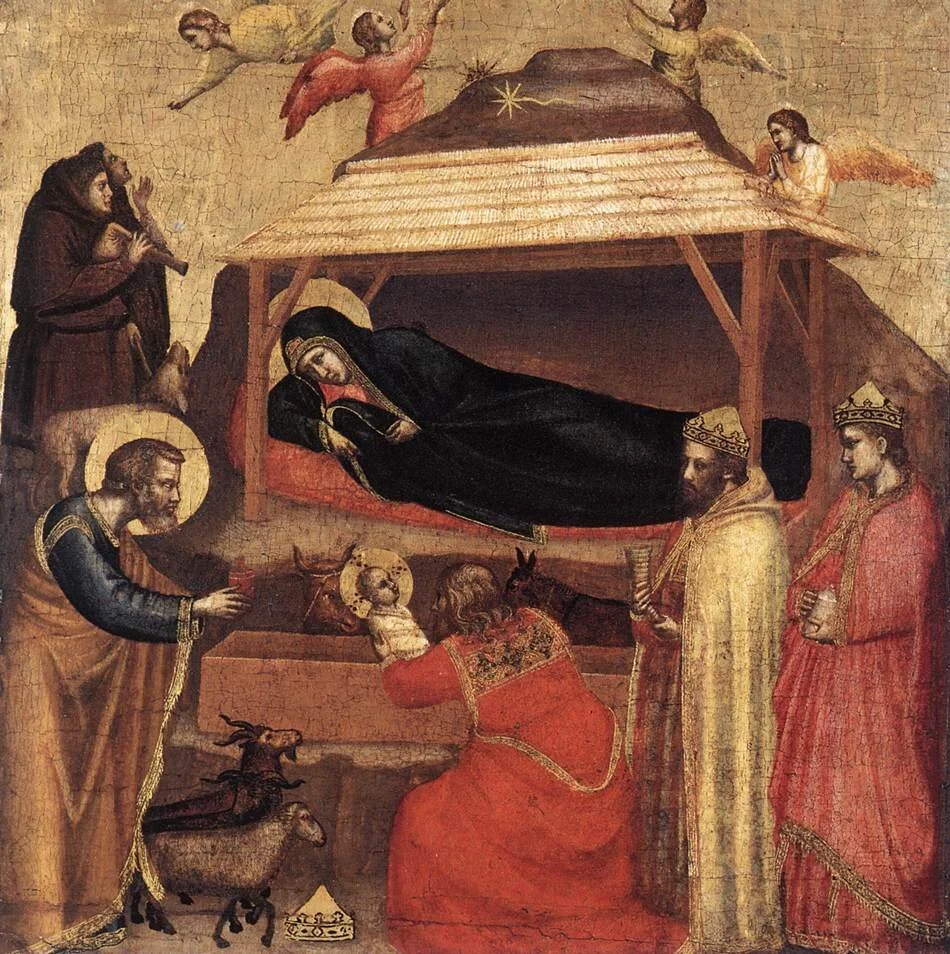On the great Feast of All Saints the altars of our church are laden with gilded reliquaries, many of them containing fragments of bones. Some of these belonged to early Christian martyrs who were put to death during the persecutions of the Roman Empire. The following day these same altars are dressed in black, as whole cycles of Requiem Masses are offered for the Faithful Departed. In 1915, in response to the immense casualties of the Great War, His Holiness Pope Benedict XV granted permission for every priest to say three Masses for the Holy Souls on this day.
Encountering all of these ancient bones and black vestments, and Requiem altar missals decorated with skulls, an ignorant observer might be forgiven for assuming that we Catholics, like many pagans, maintain a cult of the dead. Nothing could be further from the truth. For us, the saints whose mortal remains we venerate on All Saints are very much alive, singing the praises of Almighty God and interceding for us in the heavenly court. Their bodies were once living temples of the Holy Ghost, and will one day be reunited with their souls in Heaven. The Holy Souls for whom we pray on All Souls and throughout the month of November are acutely alive to the purification they must now endure to prepare them for admittance to the fullness of life with the Angels and Saints in Heaven. These souls are called “holy” because they departed this world in God’s friendship – what we call a state of grace. If they must suffer for a period in Purgatory, they are in a sense better off than us because their eternal reward in Heaven is secured, while we must still work out our own salvation in fear and trembling.
Both the feast of All Saints and the commemoration of All Souls remind us of the profoundly supernatural nature of our Catholic religion. The Church is a communion of saints, which operates like a society of mutual assistance. The saints in the Church Triumphant help us with their intercession from Heaven. The souls in the Church Suffering in Purgatory rely on us to pray for them and to make sacrifices on their behalf to speed them on their way to the Beatific Vision. We in the Church Militant on earth, meanwhile, support each other with prayers and encouragement on our journey through this life towards eternity. A crucial aspect of this is looking out for the needy, the poor and the sick. Recognising that the image of God is emblazoned on each and every human soul means that this obligation to charity extends beyond the boundaries of our own religion. At the same time the Church’s mission can never be reduced to the level of activism and social work. It must always be primarily and essentially spiritual. It can be summed up in three words: “salvation of souls.” This involves salvation from the death of sin and salvation for everlasting life with God in Heaven.
The launching of the month of November with the feast of All Saints reminds us that life has the last word over death. The saints in Heaven see God face to face in everlasting bliss. Contemplating their perfection, however, should not make us feel distant from these luminous souls. They are like scouts who preceded us through the desert, encouraging us to persevere in our life of faith, hope and charity when we become weary, calling from the horizon to reassure us that the Promised Land is worth the effort and within our reach. They understand the struggles we must face, and they see the clefts and furrows that lie along the route. We should befriend them so that their guidance and intercession may prevent us from stumbling, and ask for their assistance to bring us to repentance when we have fallen.
Meanwhile it is comforting to know that we may continue to show our affection, beyond the grave, to those whom we have loved and lost, in a way which is eminently positive and practical. Bereavement often carries with it a sense of regret for words we might have said or things we might have done for the deceased. Our Catholic faith tells us that all of this may be resolved by praying for their souls and offering up our prayers and mortifications on their behalf.
Heaven must be the ultimate venue for reunions: reunion of body and soul at the end of time when Our Lord returns in glory, and reunion with our loved ones in the company of the angels and saints around the Throne of Grace. Let us pray that we shall all of us be reunited there, and help each other to achieve this glorious and blissful destiny in eternity for which we were created.
Father Julian Large













